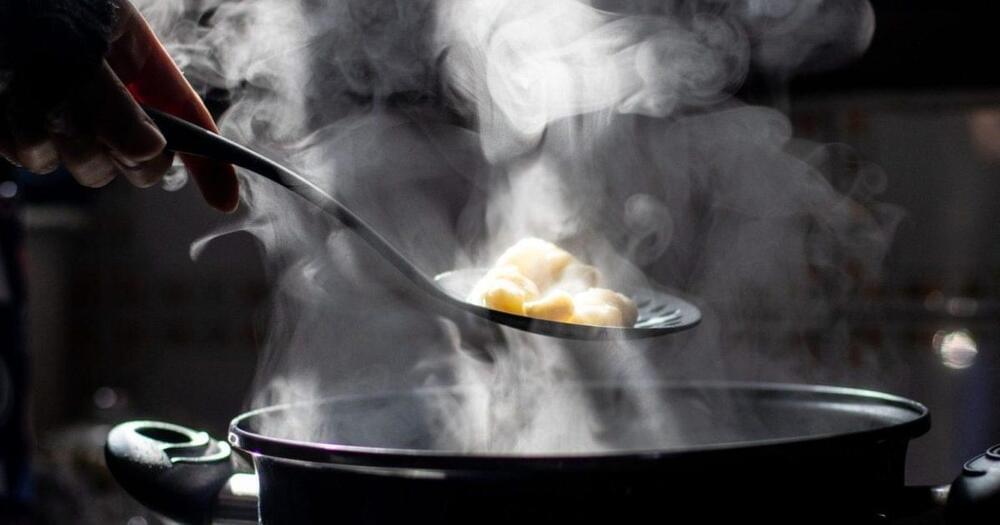Each October, the Nobel Prizes celebrate a handful of groundbreaking scientific achievements. And while many of the awarded discoveries revolutionize the field of science, some originate in unconventional places. For George de Hevesy, the 1943 Nobel Laureate in chemistry who discovered radioactive tracers, that place was a boarding house cafeteria in Manchester, U.K., in 1911.
De Hevesey had the sneaking suspicion that the staff of the boarding house cafeteria where he ate at every day was reusing leftovers from the dinner plates – each day’s soup seemed to contain all of the prior day’s ingredients. So he came up with a plan to test his theory.










Comments are closed.